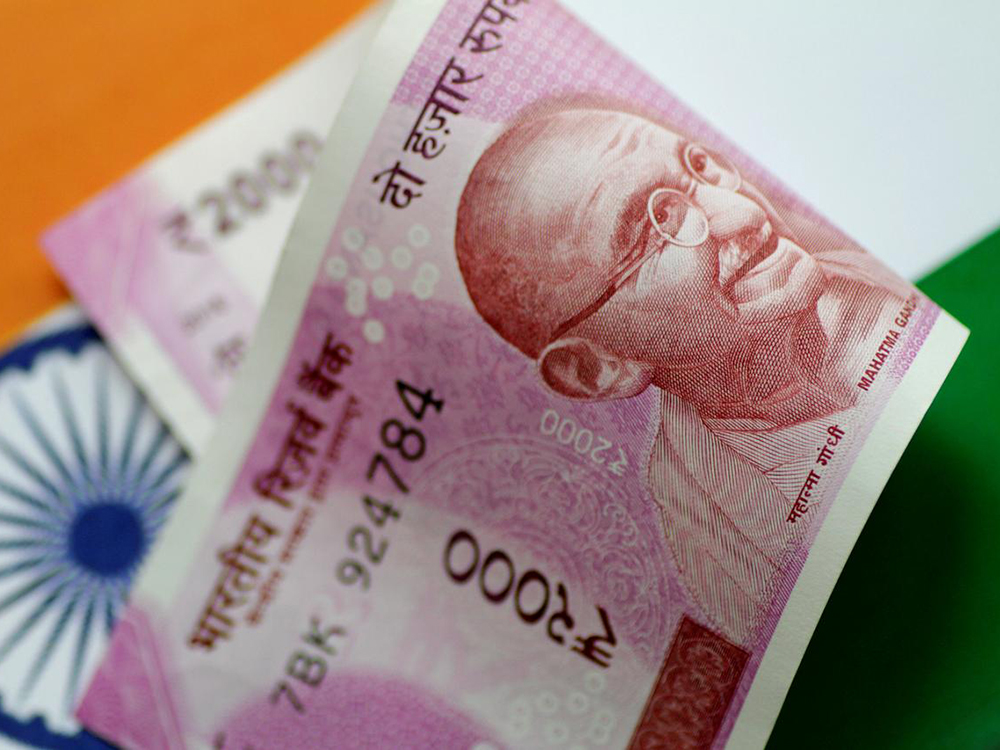
Filing a Money Recovery Suit in Indore
Step-by-Step Guide to Filing a Money Recovery Suit in Indore
- Understand the Nature of the Claim: Determine the exact amount of money owed to you and gather all relevant supporting documents, such as invoices, contracts, or promissory notes.
- Seek Legal Advice: Consult with a lawyer who specializes in civil litigation or debt recovery to discuss the viability of your case and understand your legal rights and obligations.
- Choose the Appropriate Court: Identify the court with jurisdiction over your case. In Indore, the district court handles civil matters involving amounts exceeding a specified threshold.
- Prepare a Legal Notice: Before initiating legal proceedings, send a legal notice to the debtor, demanding payment within a specified timeframe. Ensure that the notice includes all relevant details, such as the amount owed, the basis of the claim, and consequences of non-payment.
- Maintain Proof of Notice: Retain a copy of the legal notice and any postal receipts or delivery confirmation as evidence that the debtor received the notice.
- Engage an Advocate: Hire an experienced advocate who can represent you in court. They will guide you through the legal process and help draft the necessary legal documents.
- Prepare the Plaint: Work with your advocate to draft a plaint, which is the document that outlines the details of your claim. It should include information about the parties involved, a concise statement of facts, the relief sought, and the amount claimed.
- Attach Supporting Documents: Gather and attach all relevant supporting documents to the plaint, including invoices, contracts, communication records, and any other evidence that substantiates your claim.
- Pay Court Fees: Calculate the appropriate court fees based on the value of your claim and pay the fees at the court’s designated counter. Obtain a receipt for future reference.
- Attend Hearings: Attend all court hearings as scheduled. Your advocate will represent you and present your case before the judge. Be prepared to answer any questions or provide additional information, if necessary.
- Cross-Examination and Evidence: If the defendant disputes your claim, the court may allow cross-examination of witnesses and presentation of evidence. Work closely with your advocate to present a strong case.
- Explore Settlement Options: During the course of the trial, you may have the opportunity to explore settlement options with the defendant. Consider these options carefully and consult with your advocate before making any decisions.
- Obtain Decree: If the court finds in your favor, it will issue a decree specifying the amount to be paid by the defendant. This decree acts as a legally enforceable order.
- Enforce the Decree: If the defendant fails to comply with the court’s decree, you can initiate enforcement proceedings to recover the money owed. Consult with your advocate on the appropriate course of action, which may include methods such as attachment of property, garnishment, or execution proceedings.
- Follow Court’s Directions: Comply with any further directions given by the court during the enforcement process, such as submitting additional documents or attending hearings related to execution proceedings.
- Track Progress: Stay in touch with your advocate and regularly inquire about the progress of your case. Maintain a record of all communication and updates.
- Close the Case: Once the money owed has been fully recovered or the case has reached its conclusion, obtain a final closure order or satisfaction certificate from the court, confirming the resolution of the matter.
Remember, the above guide provides a general overview of the steps involved in filing a money recovery suit in Indore. It is essential to consult with a qualified legal professional or a experienced Civil Lawyer in Indore to understand the specific requirements and procedures relevant to your case.
